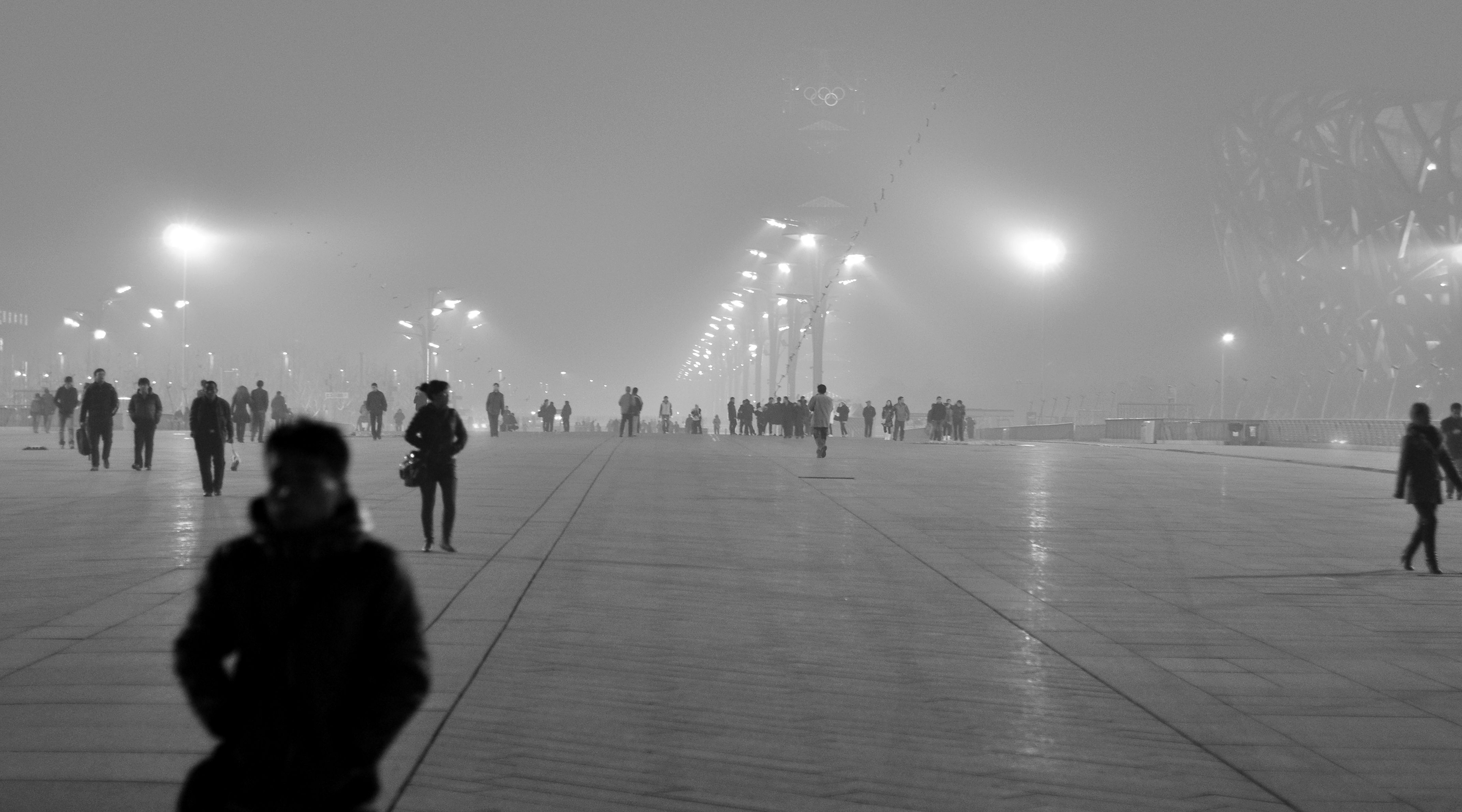
Paul Yip
A recent visit to Beijing was a reminder of the cost and benefit of any economic development. Indeed, the spectacular growth rates of the past two decades have made China the world’s second-largest economy. But economic prosperity and rapid development has sadly come at the expense of the environment.
While development and increased opportunities have improved the quality of life for many, some side effects of rapid economic growth are emerging. The entire population has not shared the benefits of growth – the wealth gap is widening and housing affordability is a concern for the younger population.
The government has made considerable efforts to redistribute wealth and provide assistance to vulnerable groups. However, there is one sticking point – air pollution, which can have seriously harmful effects on health and well-being.
The government has in the last several years earmarked billions of yuan for fighting air pollution, but the situation has not improved. In Beijing, a red alert for heavy smog saw schools told to close and half the vehicles ordered off the road. This was done so as to not exacerbate the pollution. The smog caused traffic accidents and my flight was delayed for hours. The economic and health cost to the community has yet to be fully evaluated.
The water is polluted, the land is contaminated and smog can kill. The sulphur dioxide and nitrogen dioxide produced by power plants and automobiles, and ammonia from fertiliser use, along with a windless cold weather helped the build-up of smog, with more than 20 cities in northern and central China issuing red alerts. This has triggered many health complaints, especially respiratory problems.
The infamous London smog of December 1952 killed at least 4,000 people in five days, but continuous efforts to fight pollution have now made the British capital one of the world’s most liveable cities. China’s equally populous neighbour, India, is investing in green solar energy.
China, in order to save itself, should shun using coal as the major source of fuel in its power plants. Polluting first and cleaning up later is no longer a viable mode of development, as the environment has already been damaged by much irresponsible development.
Health and safety awareness of the population should be increased. The Chinese government should demonstrate leadership and commitment in developing green energy for all.
Also, those responsible for polluting the air should be hit with criminal charges and/or heavy fines. At present, enforcement of pollution regulation is so loose and the penalty so minimal that it hardly acts as a deterrent, and the rest of the population of China is paying the price for this irresponsible behaviour.
So it is good news that China has just passed a new law that will tax factories, power plants and other pollution emitters for releasing contaminants into the environment. More of such actions need to be taken.
The development of China should move away from simply pursuing economic growth without any consideration for the environment. A slower GDP growth wouldn’t kill but thicker smog can.
Health should always be the priority. If China wants to maintain stable and sustainable development, air quality is a priority. The pollution level at present is not only causing embarrassment for the leadership, it is genuinely an urgent public health problem. Santa Claus can’t bring clean air to China for the wellness of everyone if we don’t respond responsibly and act collectively to meet the challenge.
Paul Yip is a professor in the Department of Social Work and Social Administration at the University of Hong Kong
This article was published on SCMP on Sunday, 27 December 2016. Please click here to find out more.
